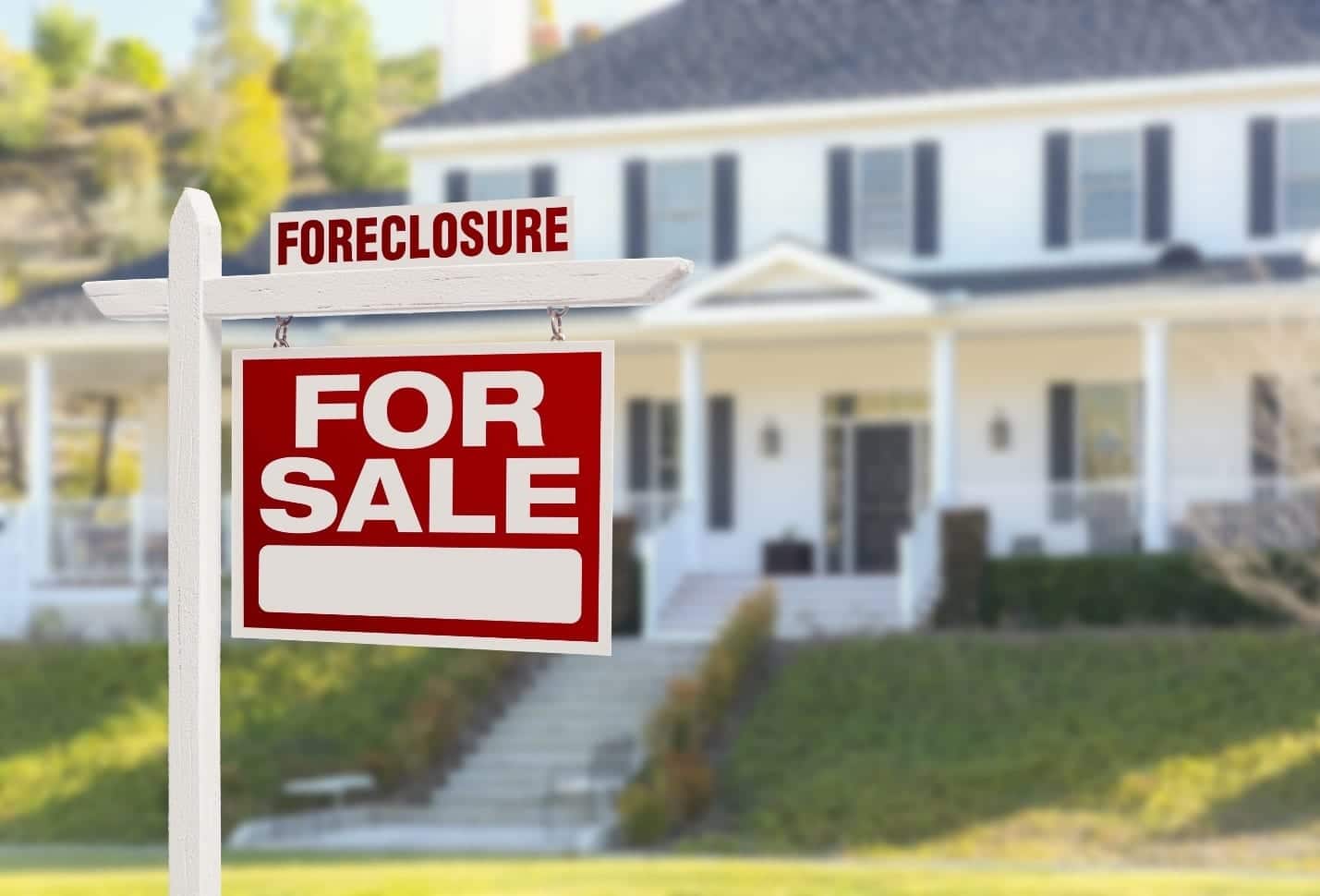If you are a Pennsylvania resident in need of debt relief, there are many options for reducing or eliminating what you owe. A few examples include debt settlement, debt consolidation, Chapter 7 bankruptcy, and Chapter 13 bankruptcy. While people sometimes use these terms interchangeably, significant differences exist – and the choice you make will have major consequences upon your short- and long-term financial health. Continue reading to hear Philadelphia bankruptcy attorneys explain some of the key differences between bankruptcy and other common forms of debt relief, such as debt consolidation and debt settlement.
Bankruptcy vs. Debt Consolidation or Settlement
If you’ve been struggling with excessive debt, you aren’t alone – far from it. As recently as 2015, a survey by the Pew Charitable Trusts revealed that as many as eight in 10 Americans have some form of debt, such as mortgage debt, medical debt, credit card debt, or all three.
In a difficult economic climate where millions of Americans feel saddled with debt – including thousands here in Pennsylvania – a variety of debt relief services have proliferated. What is “debt relief”? Put simply, debt relief is the reduction or elimination of debts.
Two of the most prominent examples of debt relief services are:
- Debt Consolidation Services
- Debt Settlement Services
Some of these services are more effective than others – and some can be outright harmful to unwary consumers. If you’re a Pennsylvanian who’s living with debt, it’s important to weigh your financial options carefully before making a decision about how to proceed. Let’s begin with a closer look at debt consolidation, how debt consolidation works, and how debt consolidation differs from bankruptcy.
As the name suggests, debt consolidation involves combining (consolidating) multiple debts into one. Debt consolidation companies and bankruptcy alternatives lawyers can assist debtors with this process. Instead of making payments to three, four, or more creditors each month – each occurring on a different date – the debtor makes a single monthly payment, or a lump sum payment, after negotiating with his or her creditors. Put simply, the debtor borrows one loan to repay multiple loans. In addition to simplifying the debtor’s payment schedule, another benefit of debt consolidation is that it can lower interest rates, resulting in more affordable payments. Thus, the debtor obtains a measure of relief from his or her debts.
Bankruptcy differs from debt consolidation in that – at least in Chapter 7 bankruptcy – there are no lump sum or monthly payments to make, nor does the debtor take out additional loans. In Chapter 7, a debtor’s debts are wiped out after his or her property is liquidated by a bankruptcy trustee. Debts that can be “discharged” (wiped out) include medical debt, credit card debt, business debt, and debt from personal loans from friends and family. By using bankruptcy exemptions, a Chapter 7 debtor can protect certain property from liquidation, yet still obtain relief from dischargeable debts. There are also many cases where a trustee “abandons” (decides not to liquidate) property, because the sale would not generate significant proceeds.
In Chapter 13, which is another common type of bankruptcy in Pennsylvania, the debtor makes a monthly payment to the bankruptcy trustee for three to five years. The trustee then disburses funds to the debtor’s creditors. By making full and timely payments, the debtor can retain and protect his or her property, including homes and vehicles. When the payment plan ends, the bankruptcy court discharges the remaining dischargeable debts. The Chapter 13 bankruptcy process in Pennsylvania can ultimately be rewarding, but is also lengthy and complex, so it is vital to be represented by an experienced Philadelphia Chapter 13 lawyer.
Debt settlement is another option, though debt settlement companies have attracted scrutiny and controversy in recent years. In debt settlement, a debt settlement company will negotiate with your creditors on your behalf. The goal is convincing your creditors to let you pay a “settlement” that is less than what you owe. However, before your debts can be settled, you must typically add money to a special account for at least 36 months.
Even then, there is no guarantee that the debt will actually be settled, which means you could receive little to no debt relief despite having paid for a service. As the Federal Trade Commission cautions, “[Debt settlement] companies may try to collect their own fees from you before they have settled any of your debts – a practice prohibited under the FTC’s Telemarketing Sales Rule (TSR) for companies engaged in telemarketing these services.”
Debt settlement and debt consolidation are common, but not the only, alternatives to bankruptcy in Pennsylvania. Depending on your circumstances, other possible options might include:
- Entering a pre-foreclosure forbearance plan to gain extra time for mortgage payments.
- Exercising your rights under the Fair Credit Reporting Act (FCRA) to dispute errors or omissions on your credit report.
- Short-sale of property prior to foreclosure.
Philadelphia Lawyers for Chapter 7, 13, and Bankruptcy Alternatives
When you’re living with crushing debt, it can feel overwhelming to research all the options for lowering what you owe. Scams and misleading claims abound, and even when services are legitimate, it is often difficult for debtors to anticipate the long-term effects they will have. Federal regulations and Pennsylvania bankruptcy laws are often challenging to interpret, and in the process of restructuring or eliminating debt, it is easy to make small errors that have large impacts.
Stop struggling to compare confusing options. Instead, let the experienced Philadelphia Chapter 7 attorneys of Sadek Bankruptcy Law Offices, LLC handle the work for you. We can explain your financial options with clarity and detail, provide an honest assessment of the possible outcomes, and manage every aspect of your case with efficiency and precision.
Thousands of people have already trusted us to handle their bankruptcy cases. Now, let us handle yours. To talk about Chapter 7 debt relief, Chapter 13 debt relief, or exploring the alternatives to bankruptcy in Pennsylvania, call Sadek Bankruptcy Law Offices, LLC at (215)-545-0008 for a free legal consultation today.







